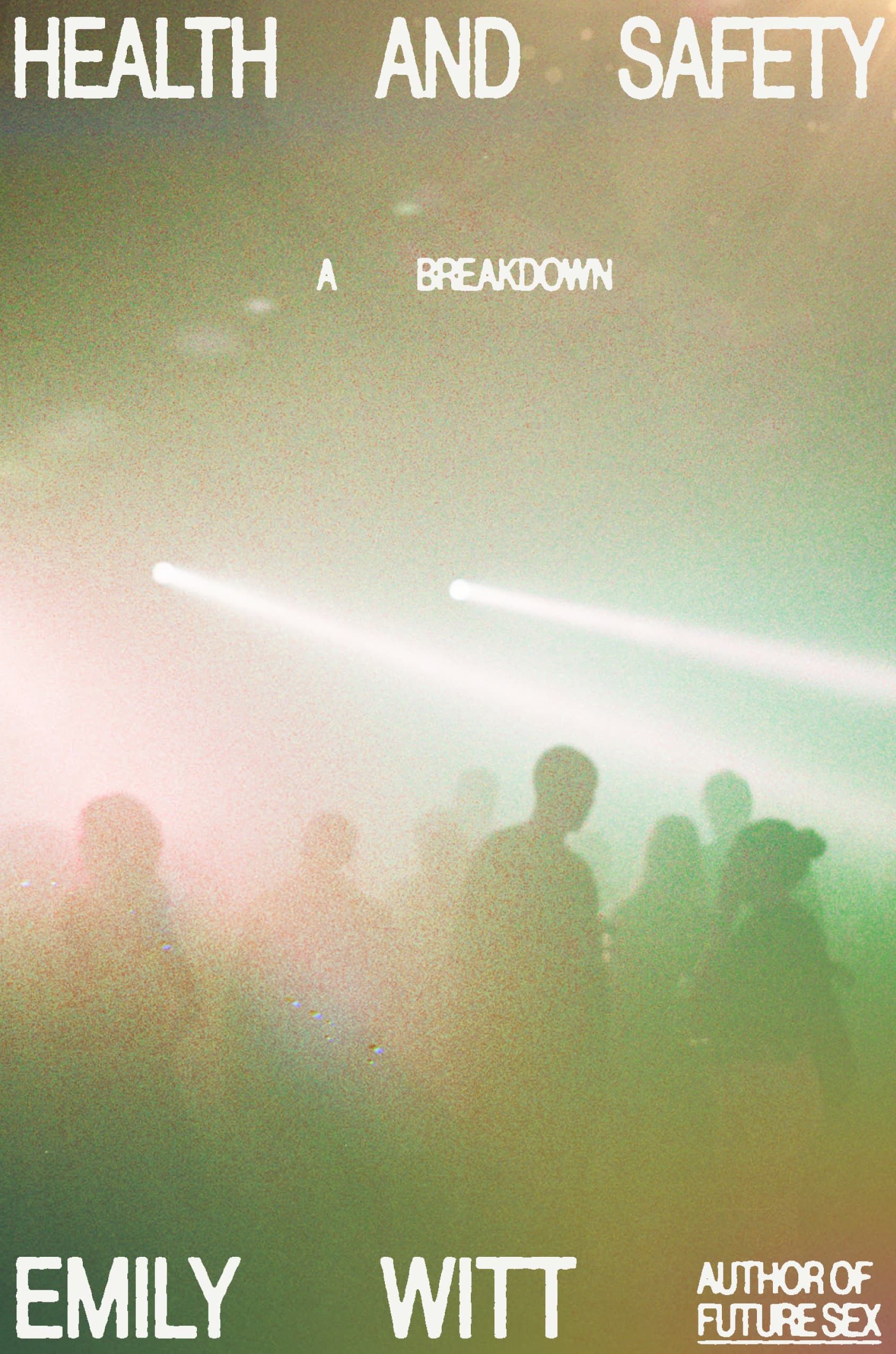"Progressivism is a Mental Disorder" Memoir Sparks Online Debate

A provocative line from Emily Witt's memoir, Health and Safety: A Breakdown, has ignited considerable discussion, particularly the assertion, "Progressivism is a mental disorder." The phrase, highlighted in a City Journal review by Corbin K. Barthold, recently drew attention on social media, with J.D. Haltigan, PhD, tweeting, "Holy sh*t! This is her memoir which @CityJournal profiled a bit ago." The tweet underscores the immediate and strong reactions the book's central critique has generated.
Emily Witt, a reporter for The New Yorker based in Brooklyn, chronicles a disorienting period from the 2016 presidential campaign through the 2020 pandemic in her memoir. Her narrative delves into personal struggles with extensive drug use, a tumultuous relationship, and an internal conflict stemming from what the City Journal review describes as a "bewildering and debilitating set of contradictory opinions she holds about herself and the world." The review posits that Witt's work unintentionally portrays her "hard-left mindset as a destructive psychological condition."
City Journal, known for its conservative perspectives, frames Witt's candid account as a compelling, albeit inadvertent, critique of contemporary progressive ideology. Reviewer Corbin K. Barthold notes Witt's honesty and talent in producing a "far more valuable than a partisan screed," suggesting her "loss of ideological control is the price she has paid to create a worthy chronicle." The review emphasizes Witt's exploration of themes like "whiteness," "class politics," and the tension between "lived experience" and logical argument.
The controversial statement "Progressivism is a mental disorder" functions as a rhetorical device designed to provoke and encapsulate a stark disapproval of certain progressive viewpoints. This bold declaration, amplified through platforms like X (formerly Twitter), has effectively fueled broader conversations about political polarization and the nature of public discourse. Witt's memoir, through its raw and intimate prose, offers a unique lens into the psychological impact of a worldview that, as the review highlights, she herself acknowledges has significant shortcomings.